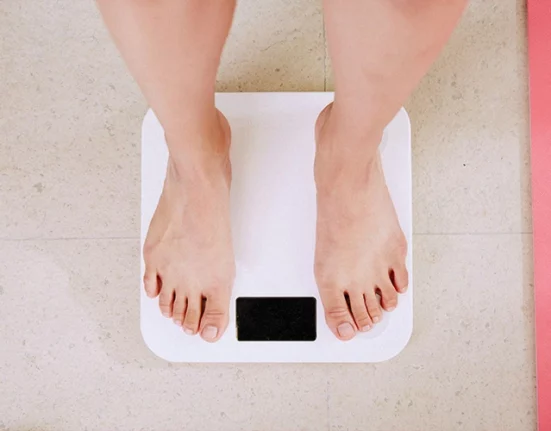Warning: This article contains discussions of eating disorders and body image issues.
INTERMITTENT FASTING is not at all a new trend. It’s something that’s been around for years, practiced by people from all over the world, and it’s only been growing in popularity.
Now, you can start fasting by downloading an app on your phone; just set a schedule and you’re good to go.
Intermittent fasting is when you refrain from eating or drinking anything aside from water zero-calorie tea or black coffee for a certain period each day or each week.
There are several ways one can do intermittent fasting. Some popular ways are the following:
- Alternate-day fasting: Eat normally one day and then completely fast or have one small meal the next.
- 5:2 fasting: Eat normally for five days, then fast for two. Others still eat during the two days, but limit their calorie intake to 500 to 600.
- Daily time-restricted fasting: Eat normally, but only within a specific eight-hour time period in the day.
Studies have shown that intermittent fasting is as effective as a typical low-calorie diet in terms of weight loss when done properly. This, however, doesn’t mean that everyone should be doing it. If you fall under any of the following categories, you may want to rethink starting that diet.
- You have health conditions to take into account
People who may be pregnant or breastfeeding should not partake in intermittent fasting, as this may affect the development of the baby. The same can be said if you’re trying for a baby, as nutritionist Patricia Bannan explains that the practice has been linked to changes in menstruation, as well as disruption in metabolism.
It’s also not recommended if you have cancer or digestion issues. If you have digestive or gastrointestinal issues like GERD, irritable bowel syndrome, or ulcers, partaking in intermittent fasting may worsen these issues, and may result in bloating, indigestion, or constipation.
It also isn’t recommended for people with cancer, or with weakened immune systems, or any major illnesses in general.
If you’re under any medication that you need to take at specific times throughout the day, particularly the kind wherein you need to eat before taking it, intermittent fasting may also not be the way to go.
If you also partake in a lot of intense workouts or training, this practice also isn’t recommended as post-workout meals are essential to repairing the muscles you’ve exhausted.
- You have a hard time taking control
Intermittent fasting is all about willpower and discipline. There are certain apps that you can download that create a schedule for you so you know when your fasting starts and stops, with timestamps that you can adjust depending on your daily routine.
Regardless of how much adjusting you do, however, you still need to stick to your schedule.
Make sure that intermittent fasting is something you’re going to be able to accommodate given your schedule.
Can you skip lunches or dinners with your friends, for example? Will you still be able to focus at school or work without eating? These are things you need to take into consideration when committing.
Your calorie intake is also something you need to be conscious of when you start with intermittent fasting. Looking at your Body Mass Index (BMI,) and depending on how much weight you want to lose, you’ll have to stick to a certain number of calories each day to ensure that you’ll be making progress.
With the 5:2 approach, for example, people limit themselves to one meal with about 500 to 600 calories. Overeating after your fasting period is a common occurrence, but this matched with your irregular eating schedule may lead to issues with your metabolism in the long run.
- You don’t have the best relationship with food
Speaking as someone who’s struggled with a lot of body image issues in the past, intermittent fasting was something that drastically affected my mental and physical health. I downloaded an app to schedule when I would eat, which I would follow to a T.
The problem, however, was with the period that I was allowed to eat. I often found myself either eating too much or not eating at all. I remember a point wherein, when I was able to eat, all I’d prepare was a piece of toast with some slices of banana on top, and that would be my only meal for the rest of the day.
It got to a point where I was losing way too much weight, barely eating anything, and crying any time I would eat. I started to look at food as something I didn’t deserve, punishing myself whenever I would eat by making my fasting periods longer and longer.
If you’re someone who’s struggled in the past with irregular eating habits brought on by body image issues or has dealt with eating disorders like anorexia, bulimia, or binge eating, intermittent fasting may lead to relapses when not done correctly.
“Any strategy that encourages restriction can trigger a disordered pattern in people with this history,” said dietitian Cynthia Sass.
It’s perfectly fine to want to lose weight, as long as it’s done properly if it isn’t, who knows of the effects it could have on both your mind and body in the long run.







